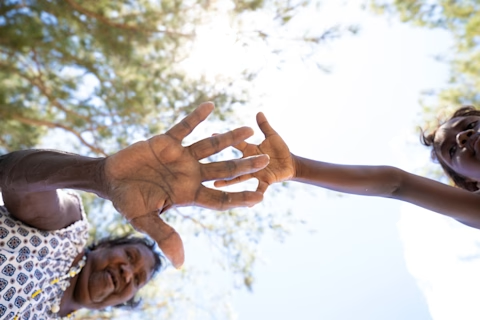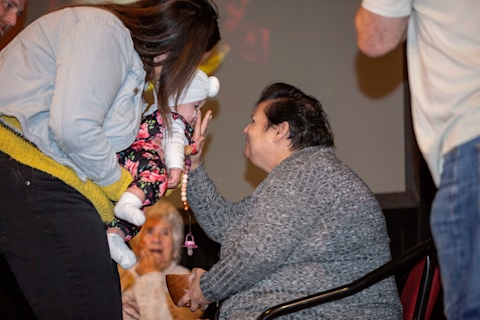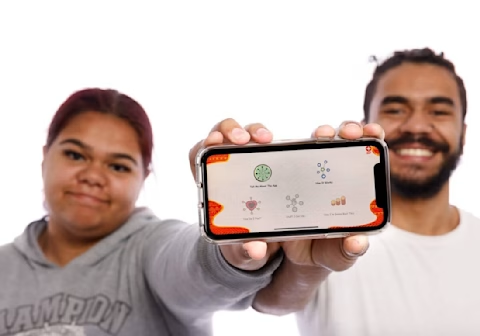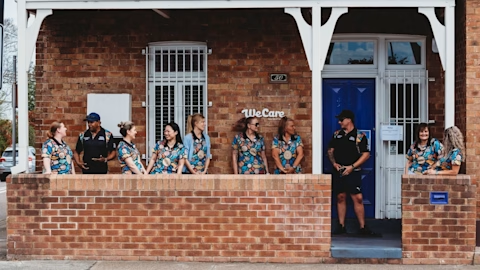$1 million to Aboriginal health programs: focus on ‘closing the gap’

We've announced a $1 million commitment aimed at helping to close the health and life expectancy gap between Aboriginal and Torres Strait Islander peoples and non-Indigenous Australians.

We've announced a $1 million commitment aimed at helping to close the health and life expectancy gap between Aboriginal and Torres Strait Islander peoples and non-Indigenous Australians.
The Aboriginal Health initiative aims to tackle the current 10-year life expectancy difference, while also addressing a number of other significant gaps in health outcomes between Indigenous and non-Indigenous populations.
The four-year commitment will allow us to build strong partnerships with organisations and community groups working with Aboriginal and Torres Strait Islander peoples to address what is a widely known issue.
“There’s no question that our Aboriginal communities experience a disproportionate disadvantage compared to their non-Indigenous counterparts, whether that be in education, employment, health or life expectancy, which in 2019 is simply not good enough,” Mrs Tribe said.
“We believe more needs to be done for real change to occur and we have a responsibility to play our part in helping to close this health gap,” she said.
The initiative was established following a donation from nib Group, made possible through unclaimed dividends from nib’s shareholder base.
The funding will support a suite of community partnerships and commissioned services and together with the scale and expertise of the nib Group, we will develop and deliver targeted population health and wellness programs to tackle and help narrow this health gap.
We’ll be seeking partnerships with local community groups, including Aboriginal Community Controlled Health Organisations and other experts in this field as we build our understanding of current community needs and best practice responses, to then trial and deliver specific projects.
In the past five years we've committed over $350,000 in grant funding to seven Aboriginal health initiatives.
"We will be applying what we have learned from our past partnerships, which is that often the most impactful and successful Aboriginal health initiatives are those that are conceived by the community, designed in collaboration with the community and community led," Mrs Tribe said.
"A great example is our recent partnership with NPY Women's Council in Central Australia which worked with local Elders to translate and record a series of Smiling Mind meditations into local Aboriginal languages. This world first community led project is helping to build resilience, honour culture and preserve language," she added.
Organisations and community groups working in this space are encouraged to submit their interest on our Upcoming Funding Form, opens in a new tab to keep updated on any future funding opportunities.
Find out more about our Aboriginal Health Partnerships funding.

Welcoming First Nations babies to Awabakal Country
Awabakal’s Baby Welcoming Ceremonies were held in Newcastle this week to connect families to their community, country and culture.

Social and emotional wellbeing self-help app designed for First Nations Peoples making an impact
Mental health self-help app, iBobbly, is proving to have a positive impact on the social and emotional wellbeing of over 6,000 Aboriginal and Torres Strait Islander youth across Australia.

Yarn Up Connecting Countries program open in the Hunter
We Care’s Yarn Up Connecting Countries program is now open for registration in support of local Aboriginal and Torres Strait Islander men.